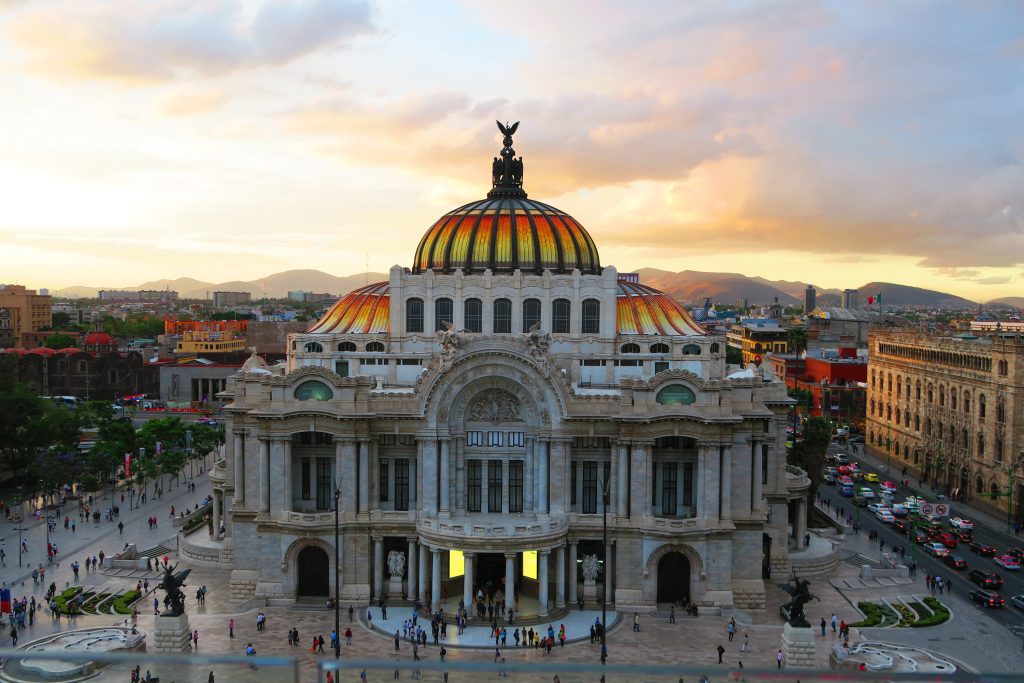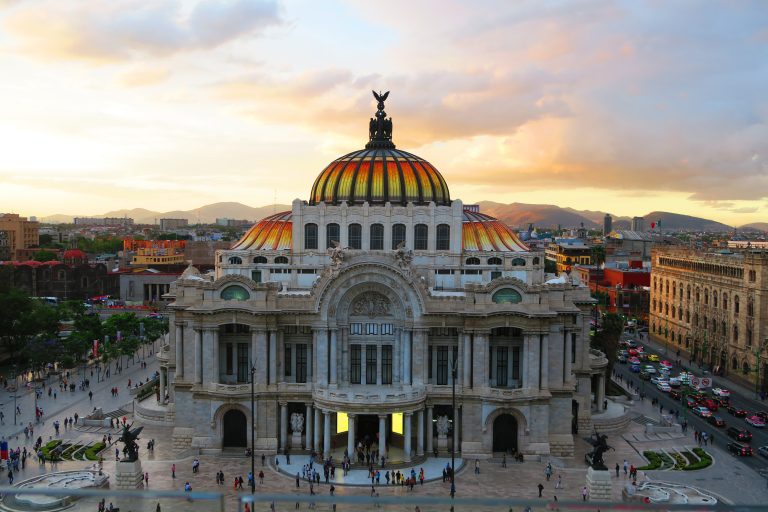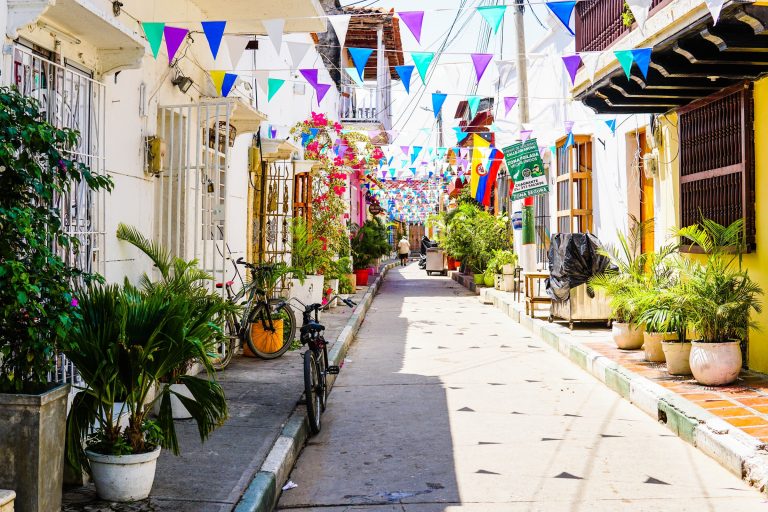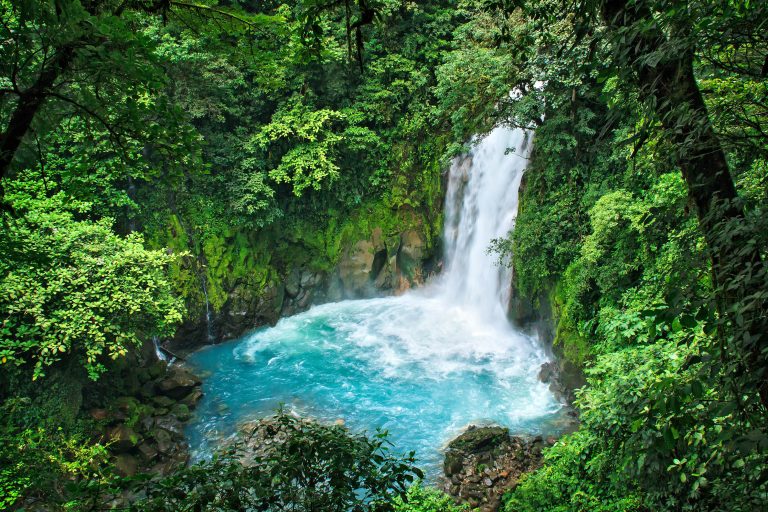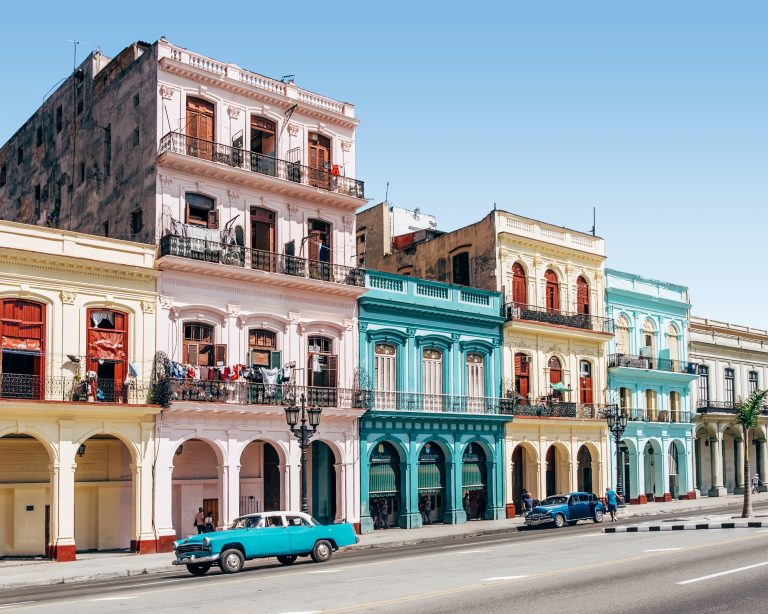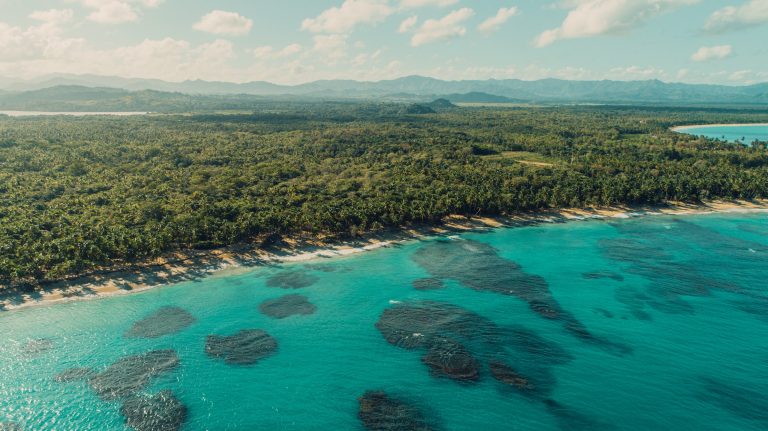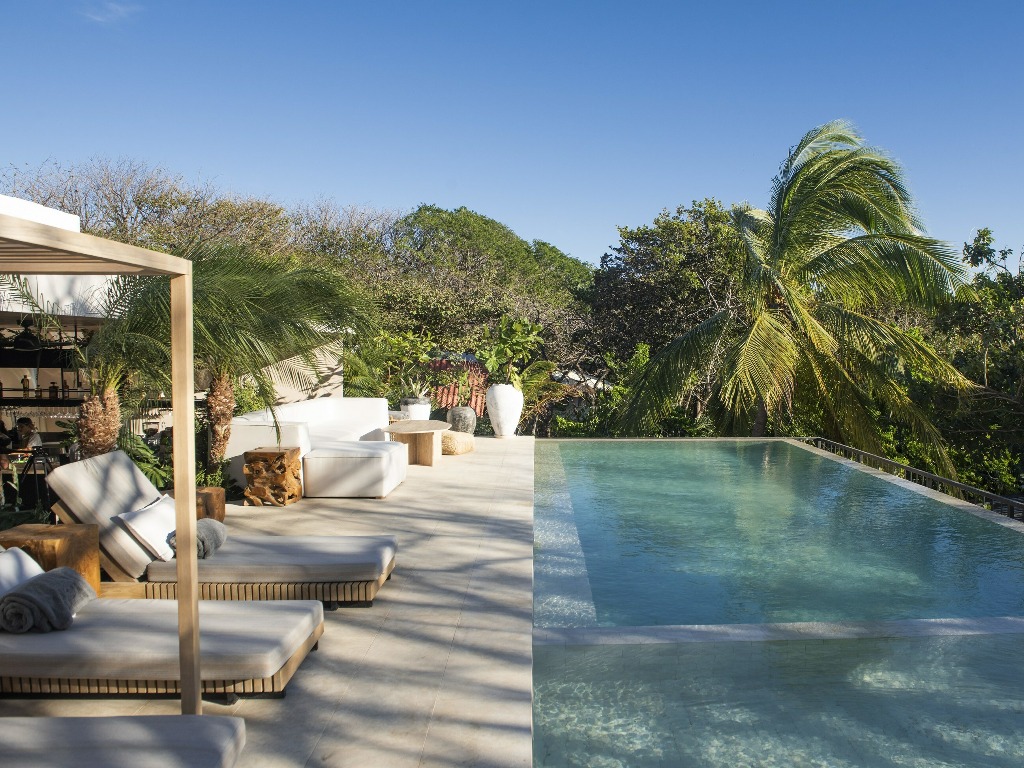
Luxury beach hotel debuts in iconic Costa Rican surf town
Silvestre Nosara Hotel & Residences, a sustainable, luxury hideaway with beach access, opened Feb. 1 in Playa Guiones, Nosara, Costa Rica– bringing a new level of luxury to the iconic surf town.
Silvestre Nosara features just nine expansive residences; rooftop pool, bar and lounge; elevated family-friendly amenities; onsite surf school and studio set to host wellness sessions and a world-class speaker series.
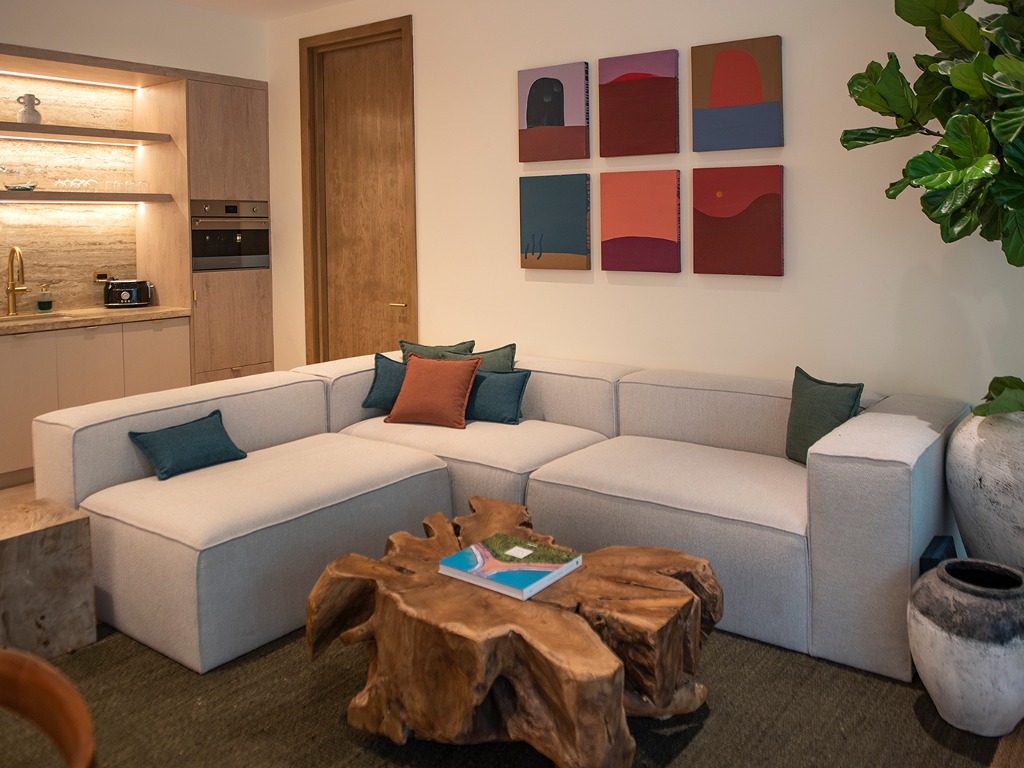
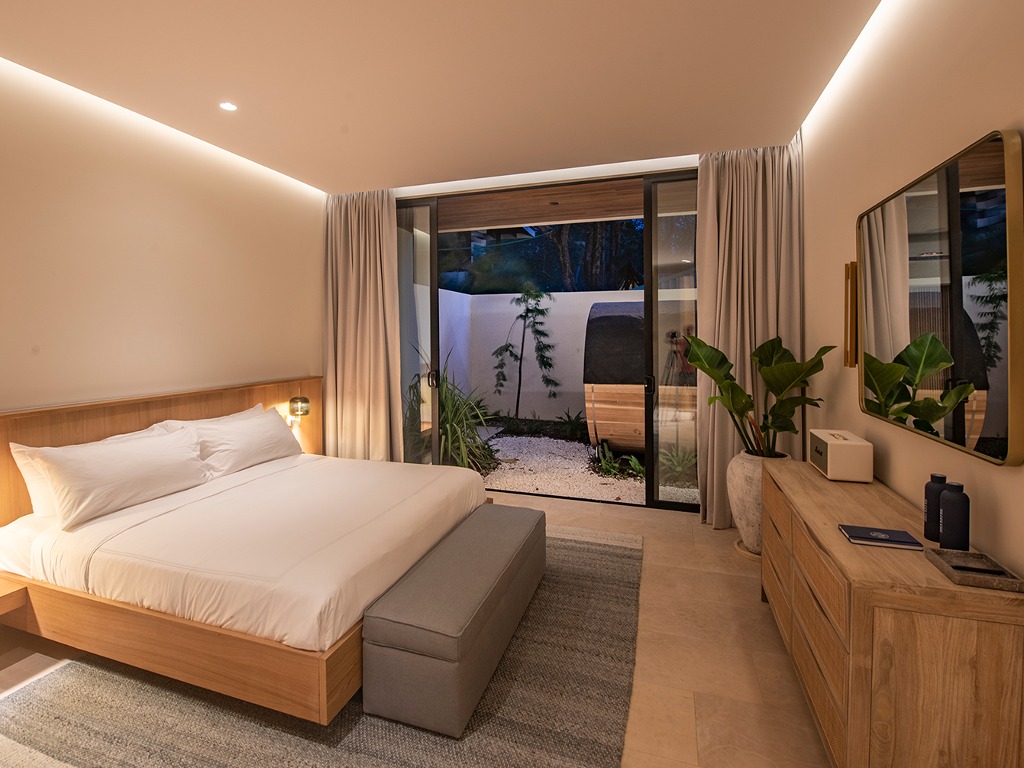
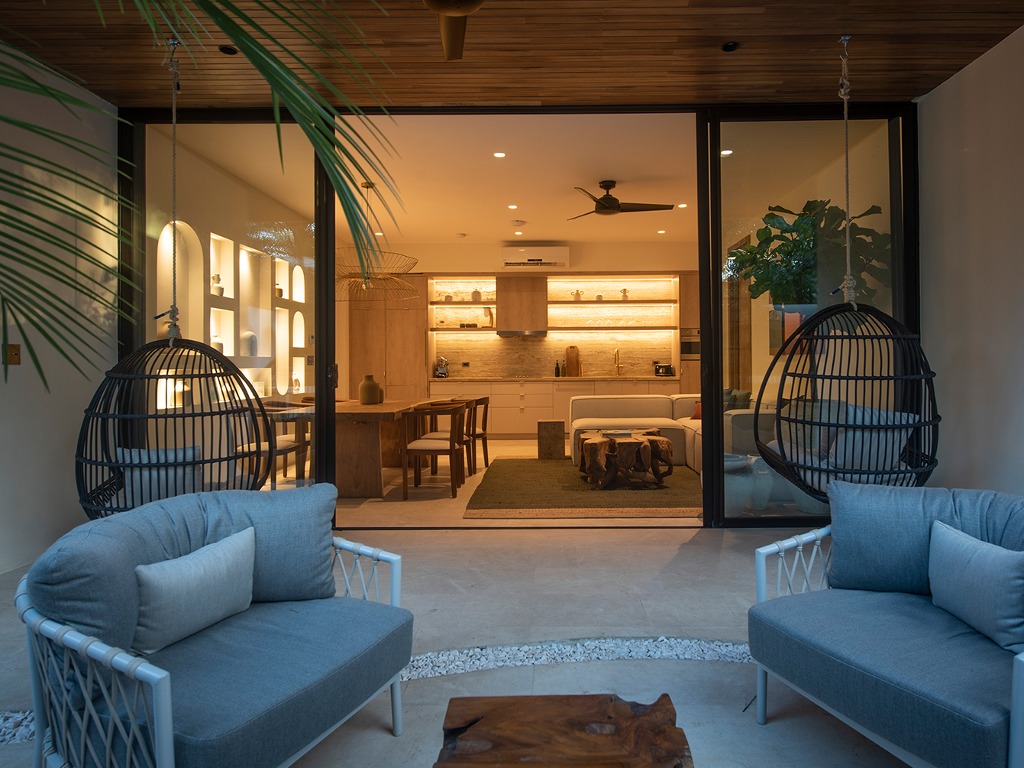
About the property
Set on the iconic Playa Guiones, the property seamlessly blends luxury, connection and learning, steps away from Nosara’s restaurants, shops, bars, yoga studios and a surf break renowned for pristine waves 330 days a year.
The design-forward property reflects a commitment to sustainability through careful design, water conservation, insulation, and energy efficiency.
For more information, visit www.silvestre.cr.

